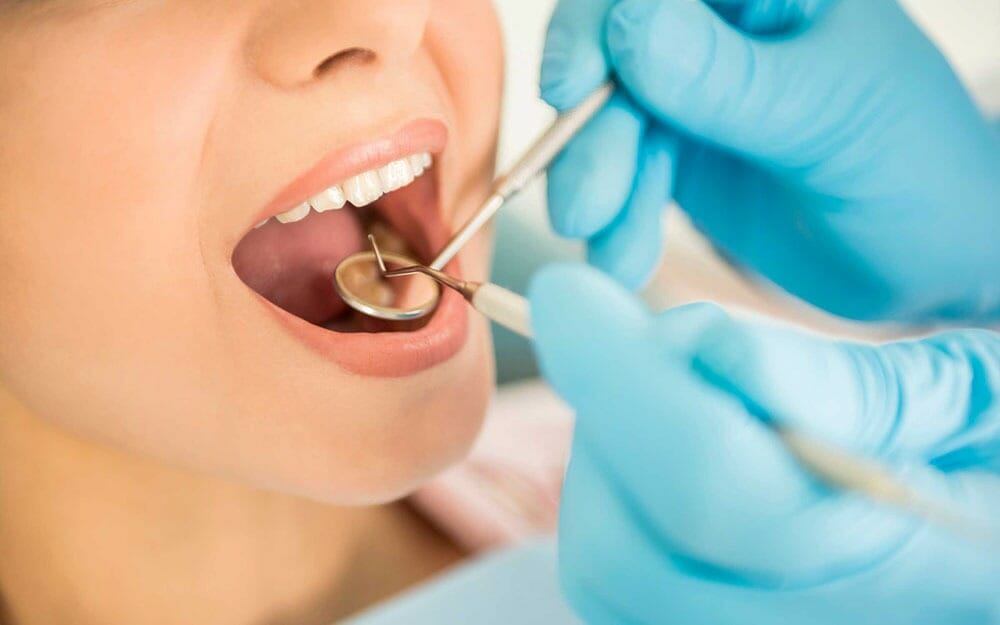I’m sure it seems as though every time you present to a doctor or dentist you are required to fill out some form about your medical history. I’m sure you also find it highly annoying and questions like “Why do I need to do this?” and “I did it last time… Do I really need to do it again?” and “This is a dental appointment, why do you need to know all of this stuff?” are common place.
It may come as a surprise that there are many medical conditions that can affect our ability, as dentists, to provide a safe health service. Knowing about these conditions will enable us to take necessary precautions which will provide faster healing times, less pain and better results. In this article I will be focussing on some of the medications that can adversely affect dental treatment and also your oral condition.
Osteoporosis Medications
There are thousands of people on medications that treat osteoporosis and osteopenia. These drugs are designed to improve the strength of bone by preventing it destroying itself. This acts to prevent fractures in the hip and spine that may commit you to a wheelchair for the remainder of your life. These drugs are, however, not without their risks and one of these is what happens in the jaws. A phenomenon called osteonecrosis (bone death) in the jaw is a known complication of these medications. This bone death can be idiopathic or caused by trauma, typically that trauma associated with tooth removal or ill fitting dentures. The result is a wound that essentially doesn’t heal causing pain, bad taste and an odour. The spread of this can involve the loss of surrounding teeth, toothache and collapse of surrounding bone leading to loss of function. There are precautions that can be taken (such as different treatment options etc) but unless we know that you are on these medications we cannot take them.
Corticosteroids
The use of corticosteroids is very common in today’s society for a variety of ailments both acute and chronic. Many people take corticosteroids for allergic reactions, arthritis, meningitis, emphysema and many other things. Corticosteroids work to suppress your body’s production of cortisol from the adrenal cortex, which is important for survival because it helps the body adapt to physical and emotional stress. Dental procedures cause physical and often emotional stress if the patient is fearful. Procedures such as dental fillings, tooth extractions and oral surgery are considered physically stressful. Since the medication hinders the proper function of the adrenal gland, the patient can suffer from a rare, but often fatal, condition called acute adrenal insufficiency. If we are aware of the use of high-dose corticosteroids we can prescribe a regime that will artificially provide you with the ability to adapt to a stressful situation like that experienced at the dentist.
Anticoagulants
Years ago, the only medications that were available to ‘thin the blood’ were reversible ones like Warfarin. Nowadays, we deal with a whole host of IRREVERSIBLE anticoagulants that need special consideration before certain treatments are performed. As you can imagine, irreversible anticoagulants have risks when it comes to dentistry that typically pertain to tooth removal. Making sure that we know if you are on these medications can potentially save you a trip to hospital with an avoidable complication.
At Pennant Hills Dental Centre, we want to be vigilant with knowing your medications and your medical history in order to provide you with the best service possible. The Australian Dental Association guideline is to update this information every 12 months. Depending on a patients age, things may change very quickly so we may update this information every 6-12 months for our patients. So next time you get frustrated with having to fill out another form, please remember it is for your safety. If you have any questions about your medical conditions or about any medications you are taking, don’t be shy make sure you let us know and we will be happy to discuss it with you at your next appointment.




